New laws and changes that will affect Australia from January 1, 2019 and beyond
From January 1, there are a raft of changes coming to welfare, health, education and other living expenses. This is what’s coming and how it will affect Australian families.
Costs
Don't miss out on the headlines from Costs. Followed categories will be added to My News.
From January 1, there are a raft of changes coming to welfare, health, education and many other living expenses.
This is what’s coming and how it will affect you and your family across Australia.
ENERGY COSTS
*Red Energy and Lumo Energy will offer customers on standing offers an automatic and unconditional discount of 10 per cent commencing January 1. Customers in Victoria, South Australia, New South Wales and Queensland will receive energy savings on their electricity bills of between $195 and $270 per year for an average user.
*AGL will also offer automatic discounts of up to 10 per cent for customers who have been on standing offers for more than a year, saving small business customers and households between $120 to $340 per year. AGL customers in Victoria will see their electricity prices come down by 1.6 per cent from January 1 for an average saving per household of $23 a year and $60 for small businesses. Gas prices will come down by 0.9 per cent for residential customers and 1.2 per cent for small businesses, resulting in an average saving of $11 and $56.

*Origin Energy is giving concession card holders in New South Wales, ACT, Queensland and South Australia on standing offers or non-discounted plans an automatic 10 per cent discount.
Victorian concession card customers on Origin’s residential standing and non-discounted contracts will continue to receive a 26 per cent discount, saving them an average of $548 per year. Origin’s standing tariff prices. Customers in Origin’s hardship program, Power On, will continue to receive the tariff freeze that has been in place since mid-2017, saving them on average $695 through guaranteed discounts and lower prices.
*EnergyAustralia will keep electricity prices flat for customers in Victoria, New South Wales, South Australia and the ACT, and they will be reduced for Queensland customers.
ROAD TOLLS
*In NSW, tolls for the Cross City Tunnel, Eastern Distributor, Hills M2, Lane Cove Tunnel and WestConnex M4 will increase anywhere between one and five cents.
*In Victoria, tolls on CityLink will increase by between one and four cents.
*In Brisbane, the Gateway Motorway, Logan Motorway, Legacy Way, Go Between Bridge, Airportlink and Clem7 will remains the same. But tolls on the AirportlinkM7 will increase by 10 cents.
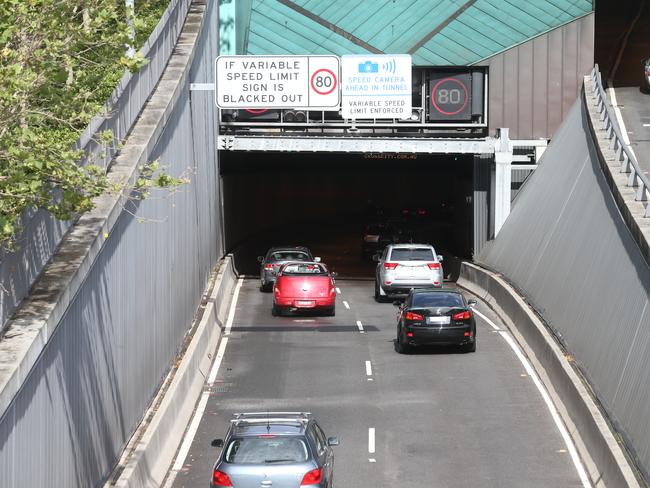
FAMILY COURT
From January 1, the Australian Family Law system is changing. The Federal Circuit Court and the Family Court of Australia will be amalgamated to form the Federal Circuit and Family Court of Australia (‘FCFCA’). All family law matters will be heard by the FCFCA which will operate through two divisions. Division 1 will comprise of all existing Family Court Judges and deal only with family law matters. Division 2 will be made up of all existing judges of the Federal Circuit Court and hear family law and general federal law matters including fair work matters. Current matters before the courts won’t be affected but it will affect future cases.

HEALTH CHANGES
*A pill to treat multiple sclerosis called Mavenclad that could cost a patient $54,000 a year will be added to the PBS from January 1. With the PBS listing, patients will pay just $40.30 a script or $6.50 if they are concessional patients.
*The first medicine to effectively treat the life-threatening genetic condition known as Autosomal dominant polycystic kidney disease (ADPKD) that affects around 10,000 Australians will be listed on the PBS from January 1, saving patients $23,000 a year.
*The cost of a script will increase to $40.30 — up from $39.50 — with concession patients hit with a 10 cent rise per prescription.
*Feminine hygiene products will be cheaper, with tampons and pads exempted from the 10 per cent GST from January 1.
*All student income support recipients will be automatically issued with a Health Care Card to get cheaper medicines and some discounts.
*All eligible Queenslanders will get access to the National Disability Insurance Scheme as it rolls out into Moreton Bay and the Sunshine Coast.
*Unvaccinated children in Western Australia will be banned from attending school and child care centres during disease outbreaks, with principals and owners to be fined up to $1000 if they allow under-vaccinated children to enter their facility. NSW, Victoria and Queensland have similar laws, and South Australia is close to introducing its own laws. The federal government withholds family payments for parents of unvaccinated children already.
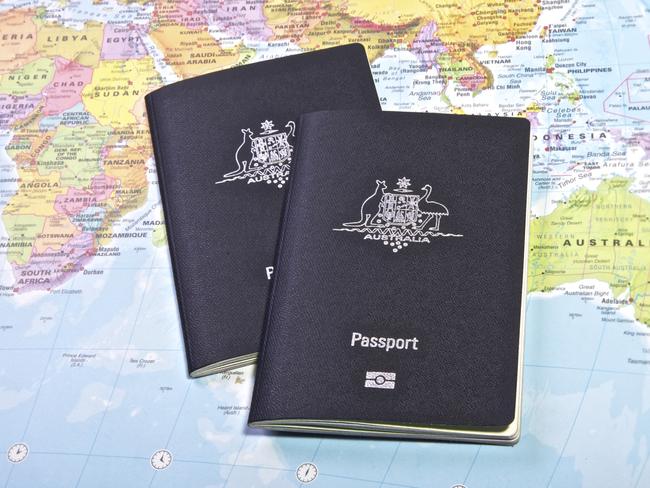
PASSPORT FEE HIKES
From January 1, passport fees will increase.
*A 10-year passport for persons aged 16 and over will be $293
*A 5-year passport for children under 16 years and persons aged 75 and over will cost $148
*An emergency passport overseas will cost $184
*A replacement passport will add up to $184
*A priority processing fee will be $215
*An adult overseas surcharge will cost $132, and a child overseas surcharge will be $64
EDUCATION
*The FEE-HELP loan cap for students studying medicine, dentistry and veterinary science courses will increase from an estimated $130,552 in 2019 to a new limit of $150,000, which is a fifteen per cent increase. Students studying all other courses will have a loan limit of $104,440. These amounts will still be indexed annually.
*From January 1, the 25 per cent FEE-HELP loan fee will be abolished for domestic undergraduate students at Bond University and other ‘Table B Providers’ including Torrens University, Notre Dame University, and the University of Divinity.
*Students who are in secondary school and study away from home may be entitled to an ABSTUDY Living Allowance payment increase.

*Students who get the ABSTUDY Fares Allowance may get to travel to places besides school and home that are on the usual travel route, and get reduced penalties for missed travel without a valid reason
*More changes are coming for some independent students on Youth Allowance and ABSTUDY students in regional and remote areas. The parental income limit for students these areas will increase from $150,000 to $160,000. The parental income limit will increase by $10,000 for each additional child in a family who is younger than 22.
*The Victorian Government will cover the cost of 30 TAFE courses and 18 pre-apprenticeship courses. The courses cover everything from accounting and agriculture to concreting, construction and nursing.
*In NSW, a $100 voucher will be available to help subsidise the cost of children's creative and cultural activities including music lessons, drama and theatre and coding courses. The voucher is available per child at school, on top of the Active Kids rebate.
CHILD CARE
*The In Home Care (IHC) Family Hourly Rate Cap will increase to $32 from January 1. The number of IHC places will also increase to 3200 to help with the costs of child care.
* In NSW, the Baby Bundle will be given to parents and caregivers of every baby born from January 1 when discharged from hospital. To be eligible, parents need to reside in NSW. It includes a sleeping bag, play and change mats, muslin wrap, bath and room thermometers, baby toothbrush, breast pads, first aid kit, board books, face cloth, baby wipes, hand sanitiser and barrier cream. It is worth approximately $300.
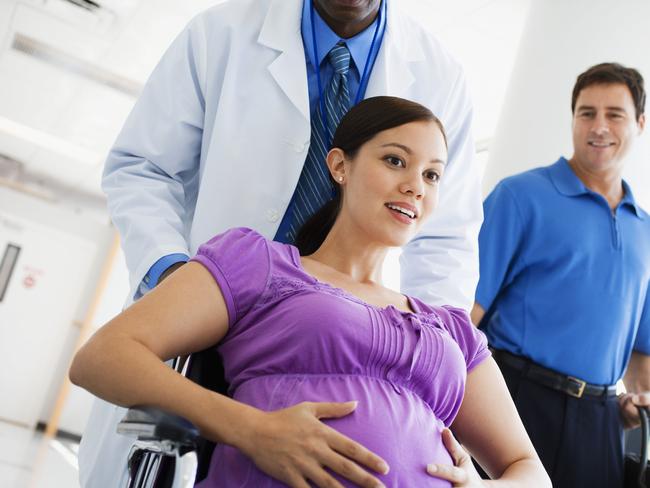
BIG BANKS
*The National Australia Bank will reintroduce $2 ATM fees at over 3000 machines around the country from January 1 after its deal with RediATM operators Cuscal ends.
*When applying for a new credit card or requesting a credit limit increase, the card issuer must assess your application based on your ability to repay the entire credit limit within a three-year period.
*Credit issuers must give customers the option to cancel their accounts or reduce their credit limits online. When a customer makes a request, the credit issuer must take reasonable steps to help the customer.
*Banks and credit card providers cannot retroactively charge interest on credit card balances, which will affect the number of interest-free days many offer.
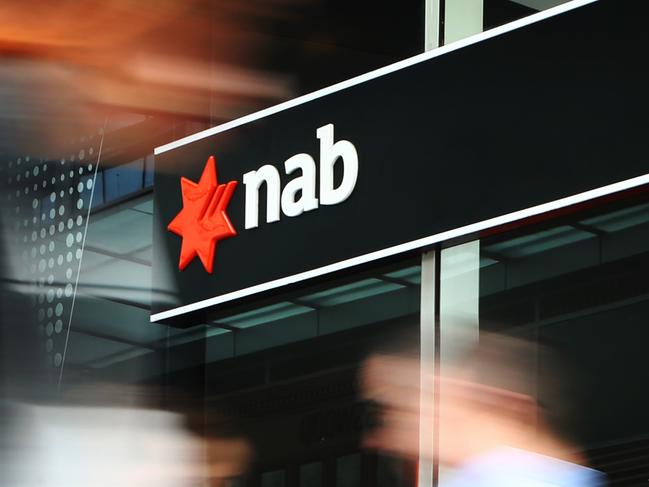
PARKING FINES
In NSW, if local councils opt-in by January 1, motorists will get a 'grace period' of 10 minutes after their parking ticket expires, providing it was a printed ticket for 60 minutes or more.
PAID DOMESTIC VIOLENCE LEAVE
In NSW only, government employees who are victims of domestic and family violence will have access to 10 days of paid domestic violence leave each year. It comes after a Fair Work Commission decision that meant from the first full pay period on or after August 1, 2018, many workers could apply for unpaid family and domestic violence leave. The Commission’s new leave entitlement applied to those covered by an industry or occupation award including casual employees. Those workers can take five days off each year.
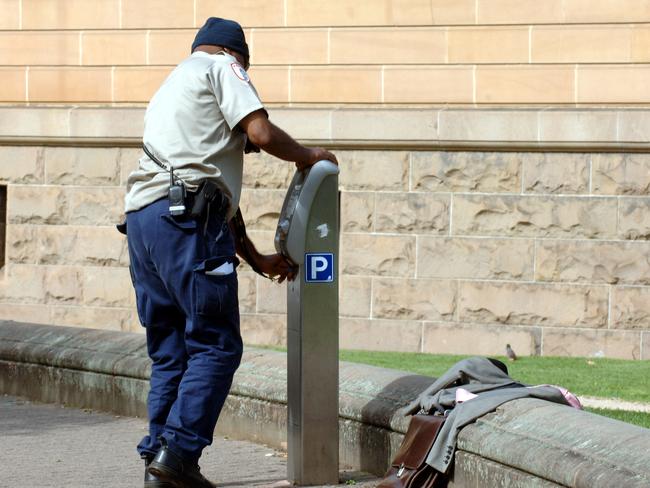
PLASTIC BAG BAN
Retailers who supply banned lightweight plastic bags will face fines of up to $5000 from New Year’s Day in WA. Plastic bag manufacturers who provide misleading information when selling bags also risk prosecution. Queensland and Western Australia introduced plastic bag bans on July 1. South Australia, the ACT, Northern Territory and Tasmania already have bag bans. Victoria’s government has vowed to ban plastic bags by the end of 2019, but NSW has not banned plastic bags entirely.
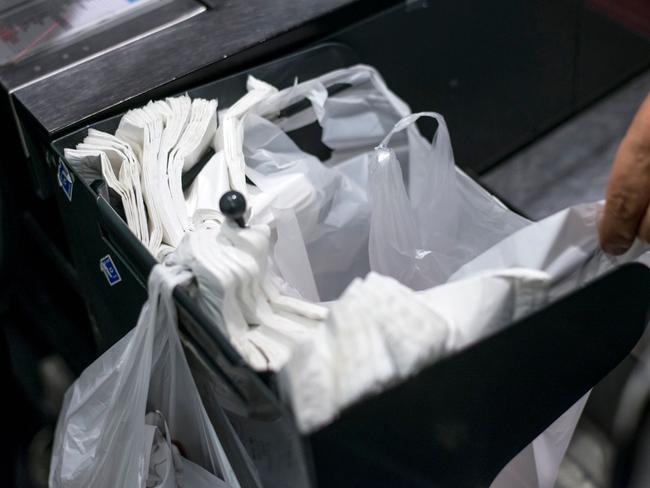
MIGRANT VISAS
*The Government will introduce a new Temporary Sponsored Parent visa that will provide parents and grandparents a new pathway to reunite with their families for a continuous period of up to five years. Applications will be open in the new year.
SA PAYROLL TAX RULES
*Businesses with annual taxable wages of up to $1.5 million in Australia will not be liable for payroll tax, and those with taxable wages between $1.5 million and $1.7 million will benefit from a reduced payroll tax rate. The deduction entitlement remains unchanged. Where a business pays payroll tax, they will continue to receive a deduction entitlement of up to $600,000. For those with wages exceeding $1.5 million, payroll tax will be payable on taxable wages less any deduction entitlement up to a maximum of $600,000.
For businesses/groups with taxable Australia wide wages between $1.5 million and $1.7 million a variable rate from 0 to 4.95 per cent will apply.
As these changes come into effect mid-financial year, the 2018-19 financial year will be split into two return periods.

TPP TARIFF CUTS
Businesses and farmers are set to benefit from two tariff cuts within three days, under the Trans-Pacific Partnership trade pact. The TPP-11 starts with a tariff cut on December 30 followed by a second on January 1. Analysis of the trade agreement shows potential benefits of up to $15.6 billion to the national economy by 2030. In October, Australia became the sixth country to legally ratify the agreement, joining Canada, Japan, Mexico, New Zealand and Singapore as part of the first group to ratify. The agreement will provide new access to the Canadian market for Australian grains, sugar and beef exporters. It will also open up the growing Mexican market for pork, wheat, sugar, barley and horticulture producers, and improves Australia’s market access into Japan for beef, wheat, barley and dairy exporters.
FOREIGN DONATION BAN
A law banning political parties from receiving $1000 or more from foreign donors from the Australian Electoral Commission will take effect on January 1. The law also prohibits foreign governments and state-owned enterprises from making gifts worth $100 or more to political parties and campaigners if the gift is being used for electoral purposes. Other third party political actors will also be prohibited from using donations worth $13,800 or more from foreign sources to fund electoral expenditure.
COPYRIGHT LAWS
Changes to Australia’s copyright duration laws will come into effect on January 1, with new standard terms of copyright protection to a range of copyright materials including literary, dramatic, musical and artistic works, sound recordings, films and Crown copyright materials.

CHILD SEX ABUSE REDRESS SCHEME
Participation in the national redress scheme for institutional child sex abuse will take effect in Western Australia from January 1. Legislation enabling survivors to seek compensation under the national scheme passed state parliament in November and applications can start to be assessed in 2019.
POINT OF CONSUMPTION TAX
This tax will see online and foreign-owned corporate bookmakers pay 15 per cent on profits from bets made in WA, regardless of where they are licensed. The local racing industry will then receive 30 per cent of the total revenue. It also applies in NSW, where the Government will introduce a 10 per cent tax on all wagers placed by NSW residents, regardless of the location of the wagering operator, closing a current
loophole in wagering laws. It will capture some of growth in phone and online gambling in recent years — which has previously gone untaxed in NSW.
South Australia, Western Australia, Queensland, Victoria, and the ACT have either introduced or have committed to implementing PoC taxes.
SUSTAINABLE FISHING
In Queensland net, line and crab fishing vessels need to have tracking units installed as part of a sustainable fisheries strategy plan from January 1. Vessel tracking will be required on all commercial fishing boats by 2020, with the priority on net, line and crab commercial fishing boats.
BUILDING CHANGES
From January 1, electrical installation work in Queensland will need to comply with new wiring rules — or fines could be issued.


